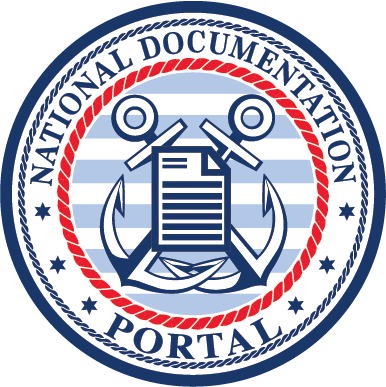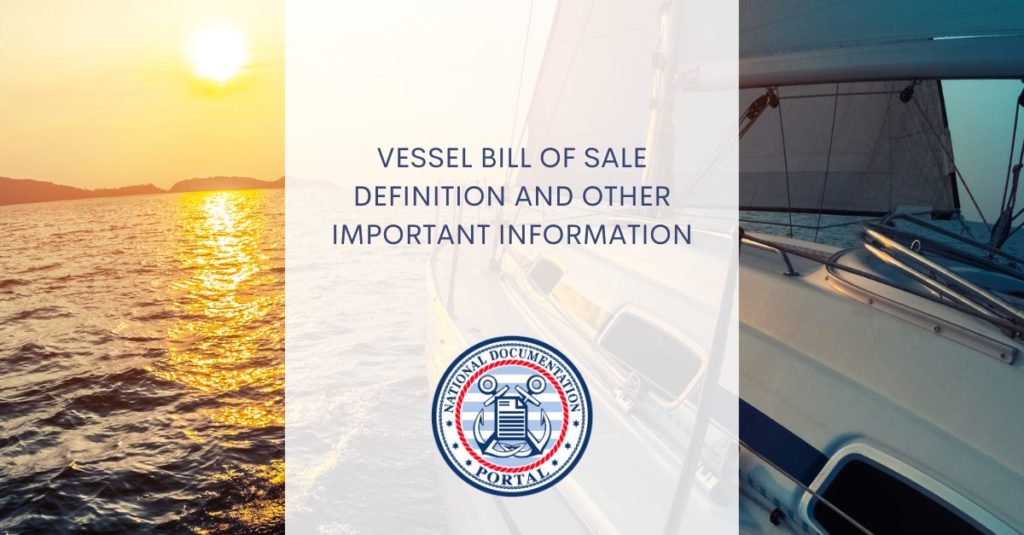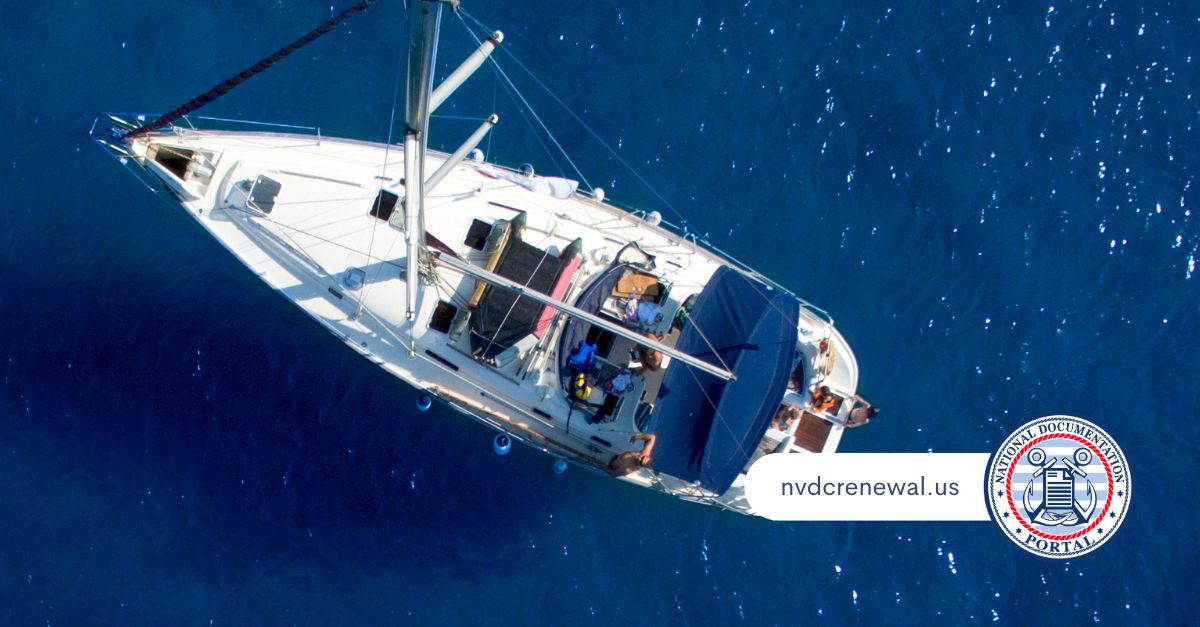When participating in the process of selling or transferring a vessel, once the sale has been finalized it is necessary to complete a US Coast Guard Bill of Sale (also known as a CG-1340) document. Of course, with any kind of official paperwork, it is always recommended to know as much as you can about the process before you start signing your name to anything. With this in mind, here is a short summary of everything that you might need to know, starting with a bill of sale definition and then moving into more of the specifics of the document in question.
What Is A Bill Of Sale?
A bill of sale refers to the form of a legal document that records and legalizes the transfer of a vessel from one owner to the next. It exists to provide evidence of the new buyer’s claim over the boat, eliminating the risk of any obstacles and misinformation cropping up later down the line.
How Do You Know If The Vessel Is Documented With The Coast Guard?
Something to remember is that the Coast Guard does not require registration of small vessels that are less than 5 net tons. If you want to double-check the status of your own vessel, this can be done by going to the Coast Guard Vessel Documentation Center website and performing a simple search with the 6 or 7-digit serial number.
Why Do You Need A Bill Of Sale?
There are plenty of reasons why you need a bill of sale. The foremost is that it proves the legality of the transaction that has been made, displaying that both parties have agreed to the terms and conditions that were stated on the document when they signed it. It is the best way to protect yourself from the potential of a fraudulent transaction because there is no space to hide when providing all of the essential details.
What Is Included On The Bill Of Sale?
The bill of sale is a very extensive and detailed document, and you can expect the information included on the document to include:
- All relevant seller information.
- All relevant buyer information.
- All relevant vessel information.
- The price that has been paid.
- Signatures of both parties involved.
- The signature of a notary.
- Vessel dates include builder, name, dimensions, and more.
- Any warranties and limitations that might be included and agreed upon between parties at the point of sale.
If you are now comfortable with the bill of sale definition but still want to learn more about the specifics of everything we have mentioned above, then the best place to seek all of the information that you need is at the National Documentation Portal. As well as all the forms you may ever need, the website has the answers to any questions that you might have. A member of the experienced team will be more than happy to discuss your particular case and help in any way that they can.


